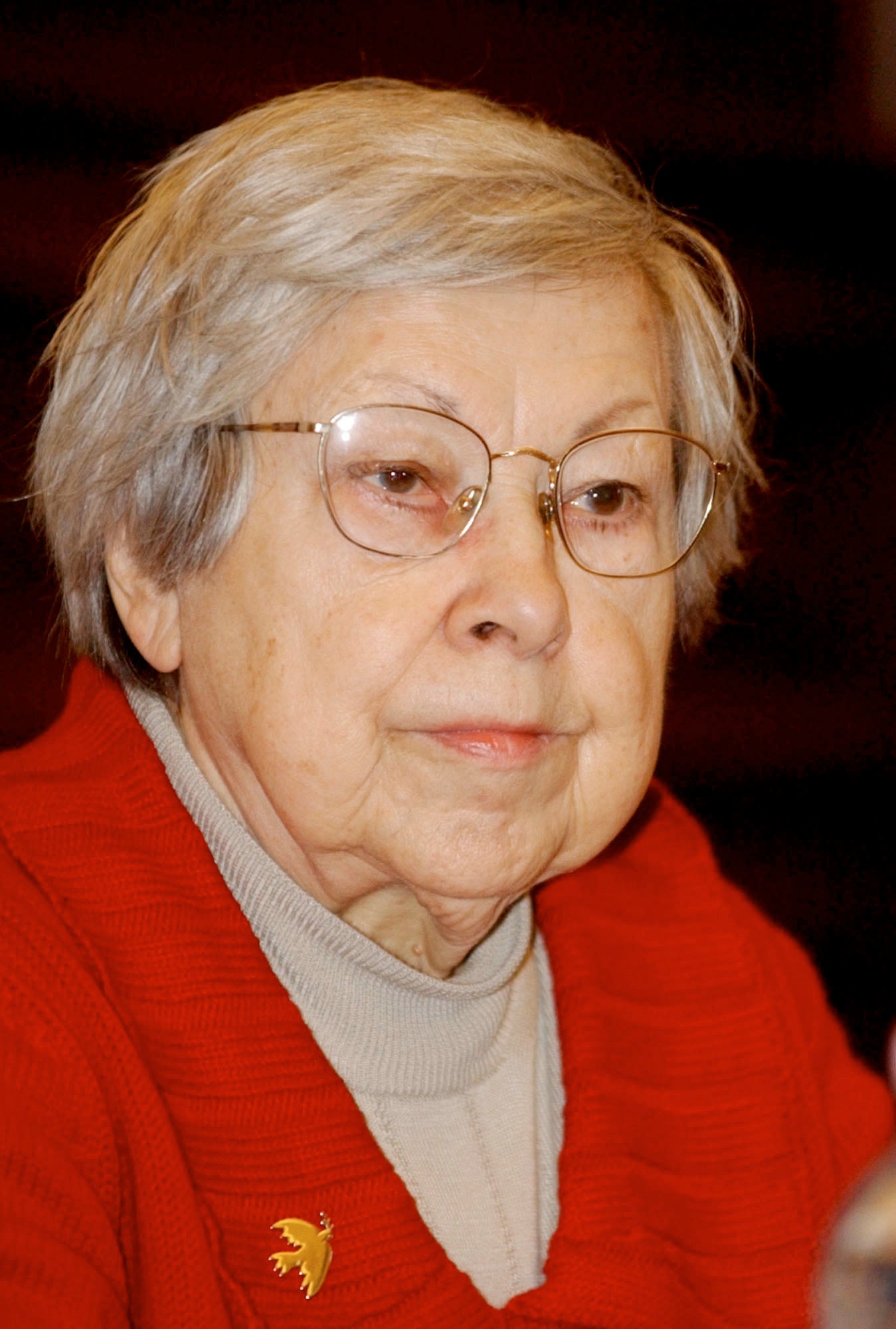Lidia Menapace, Italian Resistance member, dies at age 96
The Italian Senate says Lidia Brisca Menapace, who as a teenager pedaled a bicycle to deliver messages to Resistance fighters in Italy during World War II, has died

Your support helps us to tell the story
From reproductive rights to climate change to Big Tech, The Independent is on the ground when the story is developing. Whether it's investigating the financials of Elon Musk's pro-Trump PAC or producing our latest documentary, 'The A Word', which shines a light on the American women fighting for reproductive rights, we know how important it is to parse out the facts from the messaging.
At such a critical moment in US history, we need reporters on the ground. Your donation allows us to keep sending journalists to speak to both sides of the story.
The Independent is trusted by Americans across the entire political spectrum. And unlike many other quality news outlets, we choose not to lock Americans out of our reporting and analysis with paywalls. We believe quality journalism should be available to everyone, paid for by those who can afford it.
Your support makes all the difference.Lidia Brisca Menapace, a Resistance member during World War II who later was an advocate of pacifism and women’s rights and was elected to the Italian Senate on a Communist party ticket, has died. She was 96.
Italian state radio said she had been hospitalized for several days with COVID-19 in Bolzano the Alpine city where she had lived in latter decades. She died early Monday in the hospital.
As young woman, Lidia Brisca pedaled a bicycle to deliver messages to Resistance fighters, known as Partisans, based in the countryside of the northern Piedmont region of her birth. La Repubblica daily said she had to memorize coded messages. The Partisans fought both the Fascists of Benito Mussolini's regime and German occupying troops during the war.
Later, following her husband, Eugenio Menapace, who was from the northern province of Trentino, she took up life in Italy's Alpine area and became involved in post-war politics. She was the first woman to be elected to the provincial legislature of Bolzano, another Alpine province.
She remained proud of the Resistance spirit, remarking that she was still a Partisan, because “being so is a choice of life."
Italian President Sergio Mattarella paid tribute to her Monday, noting she was “strongly committed to the themes of peace.”
She was born on April 3, 1924, in the Piedmont town of Novara.
In its obituary, La Repubblica quoted her as explaining, on her 90th birthday, that her passion for women’s freedom derived from her mother’s “ethical code” for her two daughters. That code consisted of advising the girls to stay economically independent, so you can “do what you want, you can keep your husband or ditch him or find another. The important thing is you must not need to ask him for money for stockings.”
Menapace served in the Senate from 2006 to 2008, elected on a Communist Refoundation party ticket. She also was one of the forces behind the birth of Manifesto, a leftist daily.
“With Lidia Menapace is gone a free and strong voice, a constant reference in every struggle for women, for the rights of everyone, for peace,” said Democratic Party lawmaker Piero Fassino, a former mayor of Turin, the capital of Piedmont.
She made her last appearance at a political rally almost exactly a year ago, in Bolzano, supporting a new grassroots group that calls itself Sardine. Its goal is to get as many possible citizens to peacefully pack public squares to make their voices heard on important issues.